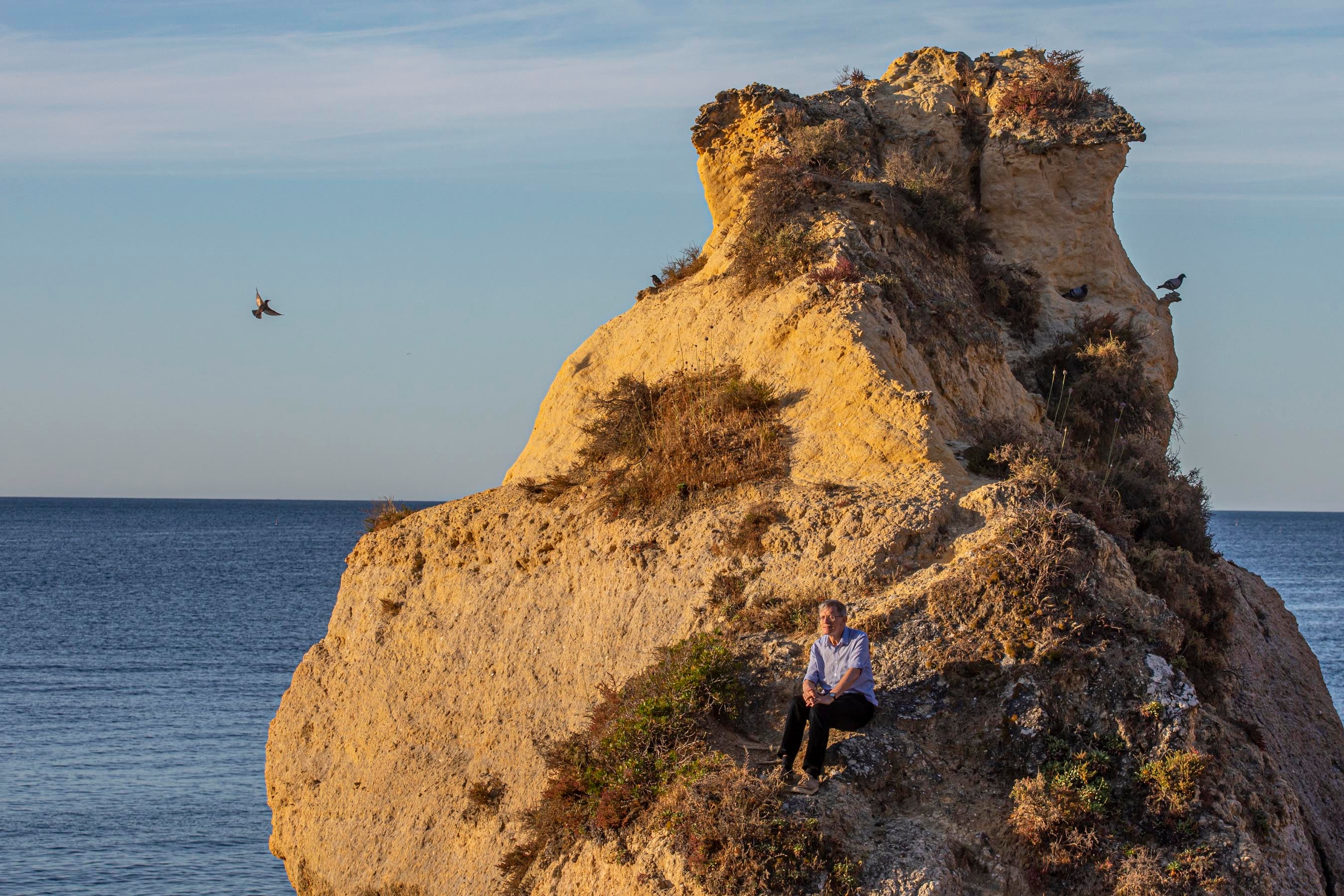Fast-track Portugal? If only...
The Man Who Pays His Way: ‘Portugal to treat British travellers as EU citizens at borders.’ Really?

Simon Calder, also known as The Man Who Pays His Way, has been writing about travel for The Independent since 1994. In his weekly opinion column, he explores a key travel issue – and what it means for you.
St George’s Day brought a tweet from Lord Frost that will surely gladden the heart of every English traveller (as well as those from Wales, Scotland and Northern Ireland).
You might recall his lordship negotiated the Brexit deal by which British citizens became “third-country nationals” subject to all manner of restrictions on travel to the European Union.
In his social media post, Lord Frost welcomes what he called “a very welcome and sensible decision by Portugal to allow travellers from the UK to use e-gates”.
Lord Frost includes a link to an article in the Daily Telegraph headlined: “Portugal to treat British travellers as EU citizens at borders to cut airport queues.”
(Some people might do a double-take at what appears to be a gesture of national sovereignty of the kind that we were led was impossible under the domination of Brussels, but let’s read on.)
“Portugal has broken ranks to become the first EU country to defy Brexit by treating British holidaymakers the same as EU citizens at its borders.”
Evidently, then, fools like me who had warned of a drastic increase in hassle when heading for Europe after Brexit were wrong. You, me and Lord Frost can apparently now fly to Portugal happy in the knowledge that we will not be held up at passport control a moment longer than we did while the UK was part of the EU.
“The Portuguese government has opened its e-gates to British travellers, enabling them to be fast-tracked seamlessly without having to queue for hours for manual checks, as previously required under Brexit,” we are told.
If only this were true.
Third-country nationals arriving in the Schengen area must be stamped in, individually and manually, by frontier officials. At present it is the only way for border guards to assess whether British visitors have stayed more than 90 days in 180 in the EU – one of the rules that the UK brought upon itself.
Two weeks ago, my delayed British Airways flight to Milan arrived just behind the Airbus A380 carrying many hundreds of passengers from Dubai. I queued for over a hour while EU citizens breezed through in seconds.
As countries such as Cyprus have previously done, the authorities in Lisbon appear to have made an operational decision to ease the queues by automating one part of the process – matching the person and the document – before an officer stamps the passport.
But they cannot make a policy decision to treat “British holidaymakers the same as EU citizens at its borders”. The need to be stamped in and out remains.
Yes, it is a ridiculously analogue procedure, and is due to be superseded – possibly later this year – by the automated EU Entry/Exit System (EES). But for now British arrivals, unlike European Union citizens, must present their passport for processing to a human being.
Lord Frost adds in his tweet: “It’s worth pointing out, perhaps, that we already allow all EU travellers to use our e-gates when arriving in the UK.”
Being a member of the European Union confers many advantages. Don’t take my word for it; ahead of the 2016 referendum, the yet-to-be-enobled Mr Frost said: “It is in the UK’s national interest to stay part of the EU.
“I do not think that we should come out of it.”
Given the tangle of red tape and reduced opportunities brought in by the vote to leave and subsequent withdrawal agreement, I think many British travellers will agree with that view.
Join our commenting forum
Join thought-provoking conversations, follow other Independent readers and see their replies
Comments
Bookmark popover
Removed from bookmarks